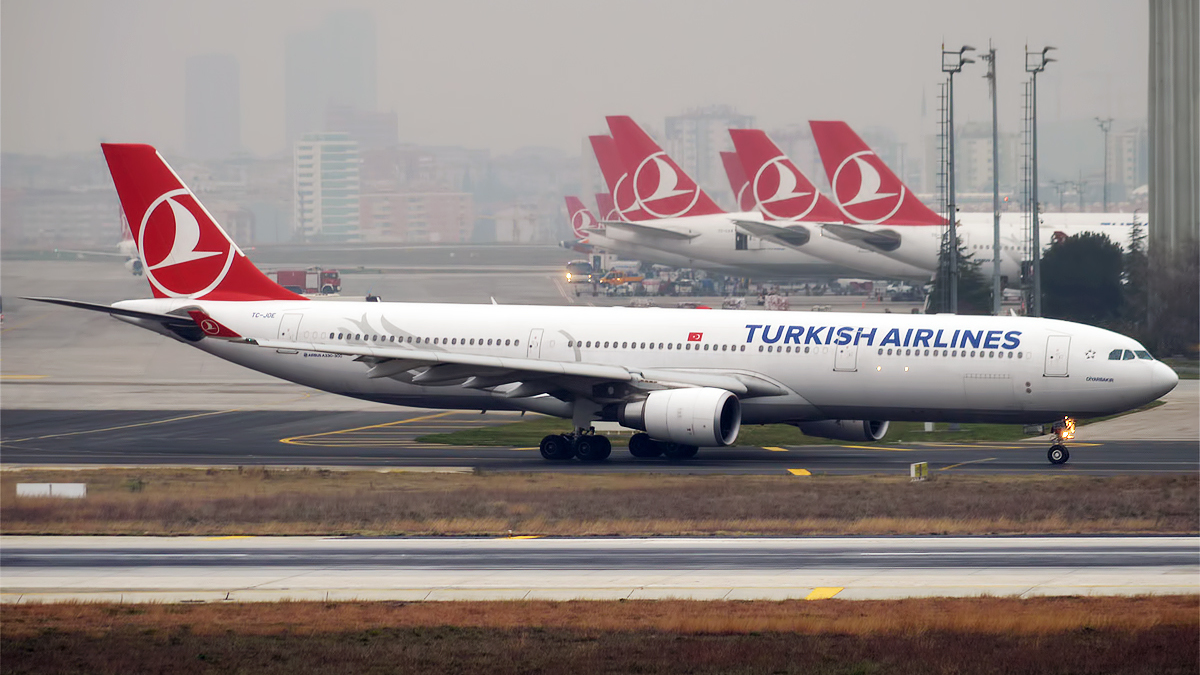In response to an alleged increase in Kurdish militant activity in the region, Turkish authorities have banned all flights to and from Sulaymaniyah International Airport in Kurdish-administered northern Iraq from passing through its airspace. The ban will reportedly be in place until July, with a possibility of an extension.
Officials in Turkey have cited concerns over flight safety as the primary reason for the ban. The country has had a troubled history with the Kurdistan Workers’ Party (PKK) since the 1980s, and considers it a terrorist group. Recent incidents in the region have led Turkish officials to believe that there is a heightened risk to flight safety.
Join us on TELEGRAM for the Latest Aviation Updates fresh to your phone.

Airport Director Disputes Claims
However, Handren al Mufti, the director of Sulaymaniyah International Airport, has disputed the claims, stating that there are no security issues at the airport. Mufti received communication from Turkish Airlines that the carrier has suspended flights until April 11th, but he is not convinced about the reasons behind the ban.
Many airlines in Europe and the US have been forced to cancel certain flights or reroute them due to geopolitical conflicts, resulting in increased fuel consumption and reduced profits. Several airlines in the US have also urged authorities to restrict certain carriers, such as those from India and China, that are free to use Russian airspace when US carriers are not.
Geopolitical conflicts often have repercussions on airspace over such regions, with the most recent example being the closing of Russian airspace for several airlines following the country’s conflict with Ukraine. Russian airlines have also faced bans across several regions around the world.

The decision by Turkish authorities to close its airspace to flights from Sulaymaniyah International Airport in northern Iraq’s semi-autonomous Kurdish region has caused concern and disruption for airlines and passengers alike. The tension in the region adds to the ongoing geopolitical conflicts that have repercussions on airspace, resulting in increased fuel consumption and reduced profits for airlines. The situation highlights the need for continued efforts towards diplomatic resolutions and peaceful solutions to conflicts.
Also, you may be interested in reading: Airlines of the World; “Widen Your World” Turkish airlines
Sources:
- Source: Simple Flying
You might also like:
- American Airlines Passengers Amazed as Service Dog Secures Three Seats for Comfortable Flight
- Emergency landing of AN-124 in Novosibirsk
- Which private jet is the best to travel in?
- Flight Review: SAS A320neo London Heathrow to Stockholm Arlanda
- In-flight meals over time
Discover more from Aviation for Aviators
Subscribe to get the latest posts sent to your email.

